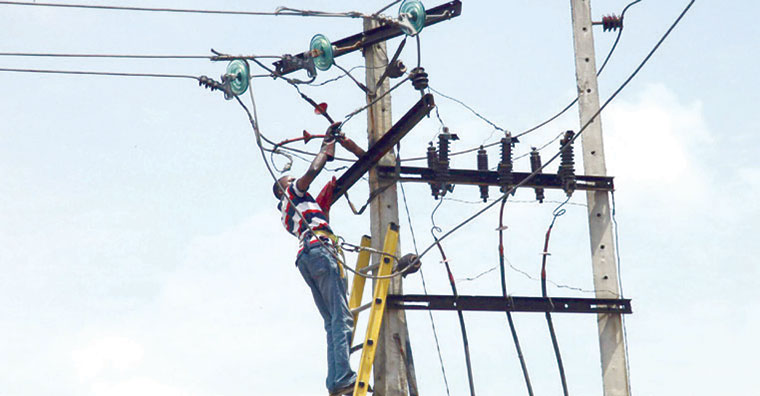Energy minister Mary Goretti Kitutu is racing against the clock to craft a rejoinder explaining the ‘suspension’ of free electricity connections.
Parliament last week gave the minister two weeks, one of which elapses today – Wednesday, August 12 – to rationalise the pause. The minister’s response should answer whether the Electricity Connections Policy (ECP) is short of funds hardly two years into its 10- year lifespan.
According to a Rural Electrification Agency (REA) estimate, $558 million (Shs 2 trillion) is required to implement the ECP over a 10-year period.
Of that, development partners had committed $80 million (Shs 293 billion) just before the government rolled out the programme in late 2018.
One of the ECP implementing agents is Umeme, Uganda’s largest power distributor. Umeme’s memorandum of understanding (MoU) with REA on the implementation of ECP expired recently.
Consequently, the utility company could not continue with free connections until a new framework is worked out. By the time the MoU expired, REA owed Umeme $23 million (Shs 84.3 billion) for connections the latter had made.
According to one account, the Energy and Finance ministries are thrashing out a framework for the resumption of ECP connections. One of the proposals is one that applicants who are willing to pay for connections be allowed to do so. Going by statements on social media and other forums, the above proposal is gaining traction.
The other is that Umeme should be allowed to use its capital expenditure to connect applicants as was the case before ECP. Its performance between 2005 and 2019 is instructive – it increased the number of connections to the grid to 1.5 million from 292,000. Within the next five years, it intends to connect two million premises.
To get connected under ECP, homeowners have to first fix sockets, switches, circuit boards, generally do the internal wiring in their houses and each pay a Shs 20,000 inspection fee to power distribution utilities serving their areas.
Once the distributors are satisfied that the internal wiring is up to standard, they fix meters, customer interface units and drop cables on the hopefuls’ premises.
From the start, the distribution companies have been using their funds to connect the applicants. The Rural Electrification Agency would after drawn-out verification, reimburse the distributors for their expenses.Suspension of free connections caught many eligible applicants off-guard, and got politicians – especially those who are scheming for elective positions – concerned because the 2021 parliamentary and presidential elections are getting […]
